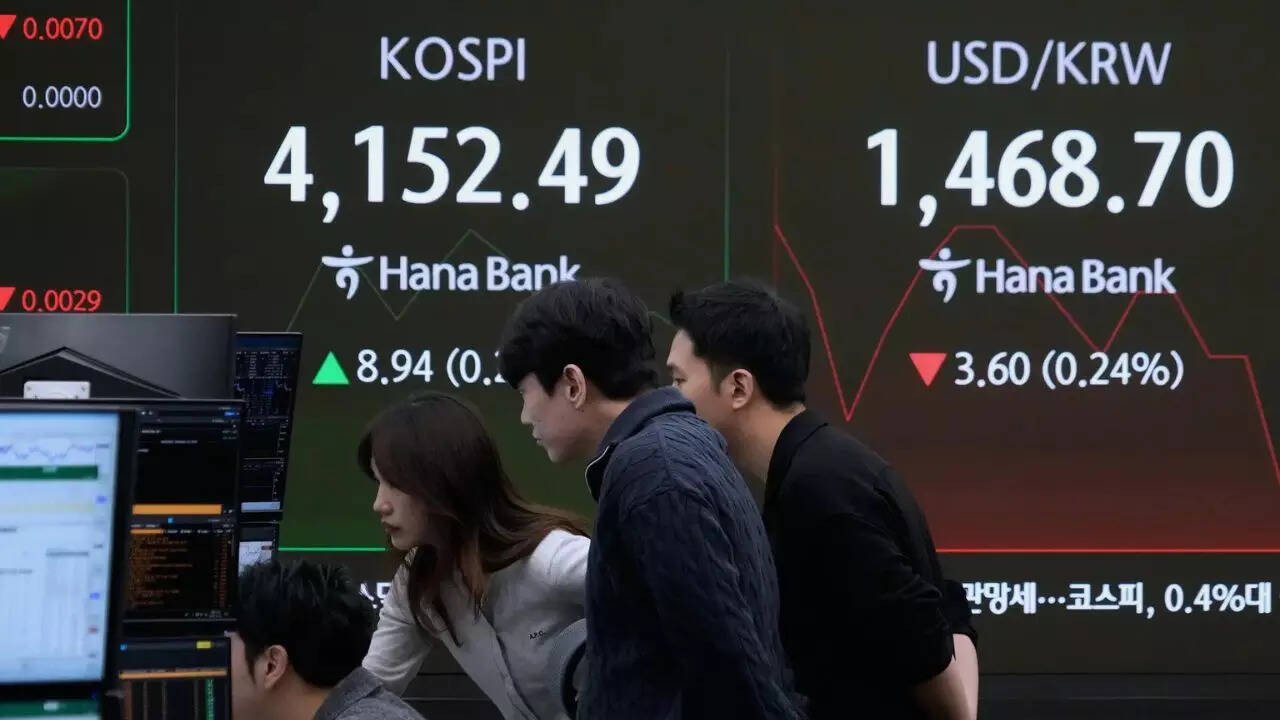Markets regulator Sebi is investigating a four-and-a-half-hour trading disruption on MCX, India’s largest commodities exchange. The incident, caused by a system parameter limit for Unique Client Codes exceeding its threshold, delayed operations. If found at fault, MCX could face financial penalties up to 20% of its average profit over the last two years.
Was it a Glitch or Something More? SEBI Investigates MCX Trading Halt
The markets are rarely quiet, but on October 28th, the Multi Commodity Exchange (MCX), India’s largest commodity derivatives exchange, went completely silent for over four hours. This unexpected trading halt has naturally raised eyebrows, and now the Securities and Exchange Board of India (SEBI) is digging deeper to understand exactly what happened.
A trading disruption of this magnitude isn’t just a technical inconvenience; it has the potential to shake confidence in the entire system. Imagine traders geared up to execute strategies, hedgers looking to manage risk, all suddenly finding themselves locked out of the market. The uncertainty alone can be damaging.
What triggered the MCX Trading Halt?
The official explanation points to a technical glitch. However, the details surrounding this “glitch” remain murky. While technology is fallible, a four-hour outage in a system as critical as MCX demands a thorough investigation. Were there redundancies in place that failed? Was there a cyber security vulnerability exploited? These are the kinds of questions SEBI will undoubtedly be asking.
<img src="image-of-server-room.jpg" alt="Server room representing the MCX trading platform that experienced a major trading disruption.”/>
Why a SEBI Investigation Matters
SEBI’s involvement underscores the seriousness of the situation. Their investigation will focus on several key areas:
* Identifying the root cause: Pinpointing the exact reason for the disruption is paramount. Was it a software bug, a hardware malfunction, a network issue, or something more sinister?
* Assessing the exchange’s preparedness: Were there adequate backup systems and disaster recovery protocols in place? Were these protocols properly tested and maintained?
* Evaluating the impact on traders: How were traders affected by the outage? Were there opportunities for manipulation or unfair advantage during the downtime?
* Determining if regulations were breached: Did MCX comply with all relevant regulations regarding system uptime and risk management?
The outcome of the SEBI investigation will not only shed light on what went wrong but will also likely lead to recommendations for preventing similar incidents in the future. This could include upgrades to MCX’s infrastructure, enhanced cybersecurity measures, and stricter regulatory oversight.
The ripple effect of a Trading Disruption
A prolonged trading halt can have a cascade of consequences. Beyond the immediate frustration and potential financial losses for traders, it can also:
* Erode investor confidence: If investors perceive the market as unreliable or prone to technical failures, they may be less likely to participate, leading to decreased liquidity and volatility.
* Impact price discovery: The absence of trading can distort prices, making it difficult for market participants to accurately assess the value of commodities.
* Create opportunities for manipulation: In the absence of regulated trading, there’s a risk that unscrupulous actors could exploit the situation to their advantage.
What’s Next for MCX and its Traders?
MCX has already taken steps to address the immediate aftermath of the outage, but the SEBI investigation will likely require a more comprehensive response. It’s crucial for MCX to be transparent and cooperative throughout the investigation process to restore faith in the platform. You can also read more about the importance of market regulation and surveillance on our other blog post.
The stakes are high. A robust and reliable commodity derivatives market is essential for India’s economic growth, particularly for sectors like agriculture and manufacturing that rely on commodities for raw materials. Any threat to the integrity of this market must be taken seriously.
The investigation into the MCX trading disruption serves as a crucial reminder of the importance of robust technology, stringent risk management, and vigilant regulatory oversight in ensuring the stability and integrity of India’s financial markets. The findings will undoubtedly shape future practices and policies within the exchange and potentially across the broader financial landscape.







